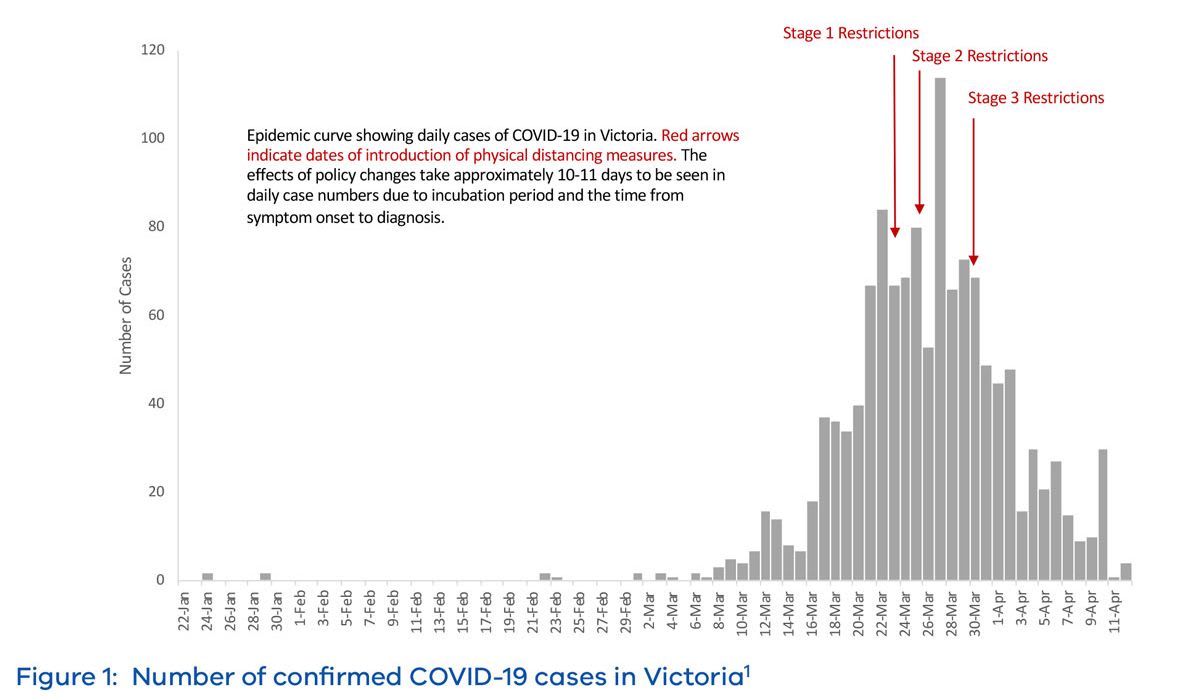2020 is being a big year for immunological research. A worldwide scientific hunt is on for tests, prophylactics, treatments and vaccines for the deadly coronavirus, COVID-19. So the annual celebration of immunological research, the
Day of Immunology, has never been more timely.
Monash University's Department of Immunology and Pathology is a major contributor to the event.
Professor Nicola Harris, a research group leader in the department, will be one of the three speakers for the 15 May public lecture.
RSVP here
Prof Harris will be speaking on worms! Not earthworms, but parasite worms such as tapeworms and hookworms, known collectively as helminths, which are transmitted by soil. When they get into us, they live in our gastrointestinal tract. We have a long evolutionary history of co-existence with these parasites, and our immune system has developed a variety of responses to these soil transmitted helminths (STH), and their interactions with our immune system and the intestinal microbiome.









